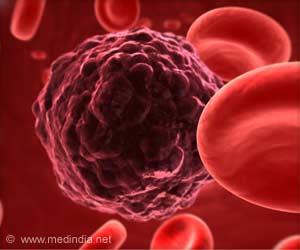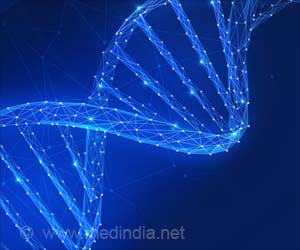Maxi-K gene therapy may prove to be a safe and effective future treatment for men whose erectile dysfunction (ED) is not treatable with oral therapy, according to a new study.
A new study has revealed that men whose erectile dysfunction is not cured with oral therapy may be benefited from Maxi-K gene therapy in future.
Maxi-K therapy is a unique, locally administrated gene-transfer technology to treat erectile dysfunction (ED). The safety and the restorative effects of the treatment have been shown by data from participants in a phase I trial. In some men, the effect lasted up to six months.The gene therapy appears safe as no transfer-related adverse events were reported more than two years after the transfer in some subjects. Unlike conventional oral therapies for men with ED, Maxi-K therapy does not require prior planning, fosters sexual spontaneity and can be used by men taking heart medication.
Researchers not only provided follow-up to previous studies on Maxi-K therapy in men, but also explored whether increased erectile function enhanced other areas of sexual behavior.
Male cynomulgus monkeys with ED were observed during their injection period and while in the presence of estrogen-implanted females. Researchers observed and measured the monkeys' number of ejaculations, time to ejaculation, number of mounts, time to first mount, number of thrusts, number of sexual invitations by the female and number of erections achieved.
Researchers observed dramatic changes after gene transfer, including increases in the number of partial and full erections and a two-fold increase in erection duration. An increase in intimacy was also seen. The data imply that increased erectile function per se may lead to increased sexual function.
"This study gives hope to men who experience ED but have not responded to oral therapies," said Arnold Melman, M.D., one of the study's authors.
"The importance of these observations in clinical and pre-clinical trials is that it appears that gene transfer with the Maxi-K channel enhances both erectile capacity as well as other important measures of sexual behavior," he added.
Researchers also presented updated data reaffirming that human patients being treated with hMaxi-K therapy for ED were not adversely affected.
The trial, conducted with 11 men between the ages of 18 and 65 with moderate to severe ED who received previous unsuccessful treatment, concluded that direct, organ-targeted, naked DNA gene transfer with hMax-K produced no treatment-related adverse events and the treatment is not associated other diseases or conditions.
These results open the door to further testing involving Maxi-K gene transfer and could lead to its effective use in treating the human population.
The study was presented at the 103rd Annual Scientific Meeting of the American Urological Association.
Source-ANI
RAS/M











